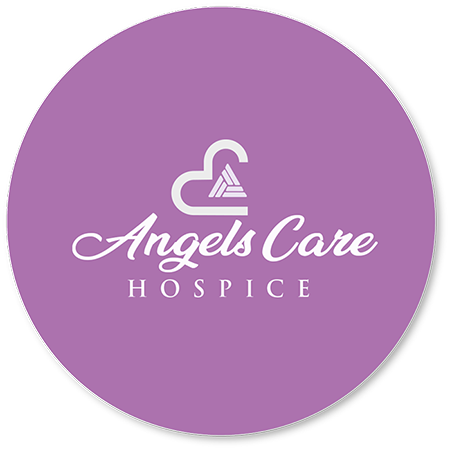Hospice FAQs
Q: Isn’t hospice only appropriate for people who have a few days to live?
A: No. Hospice care is most beneficial when patients and families can receive the full range of care for at least a month or more. Hospice satisfaction survey results state that families wish they had known about hospice sooner.
Q: Doesn’t hospice speed up the dying process?
A: No. Hospice does not speed up the dying process and in some situations, hospice extends life. Hospice tries to maximize the quality of life for a patient for the remainder of their life.
Q: Is hospice only for patients with cancer?
A: No. Hospice is available to patients with a terminal illness such as heart and lung disease, dementia, kidney failure, cancer and many other conditions.
Q: What is paid for by hospice care?
A: Medications, medical supplies and durable medical equipment that are related to the patient’s terminal condition are all paid for by hospice.
Q: When a patient passes away, do hospice services end?
A: No. Bereavement services are available to the family members for up to a year following the patient’s death.
Q: If a hospice patient is still alive after 6 months, do hospice services stop?
A: If the patient’s condition is still worsening or the physician believes the patient still has 6 months or less to live, the patient may continue to receive hospice services. However, under Medicare guidelines if a patient improves beyond a temporary period and life expectancy is more than 6 months, hospice must discharge the patient.
Q: If a patient is on hospice, can they still go to the hospital for treatment?
A: Although the need for hospitalization is rare for hospice patients, it is allowed. Patients can receive care for conditions that are unrelated to their terminal illness in the hospital.
Q: If a patient chooses hospice care, can they still see their primary physician?
A: Yes. At hospice admission, patients are required to elect a physician, nurse practitioner or physician assistant to be their attending physician that will be the most involved in their hospice care. If the patient does not have a primary physician, the hospice medical director will assume this responsibility.

